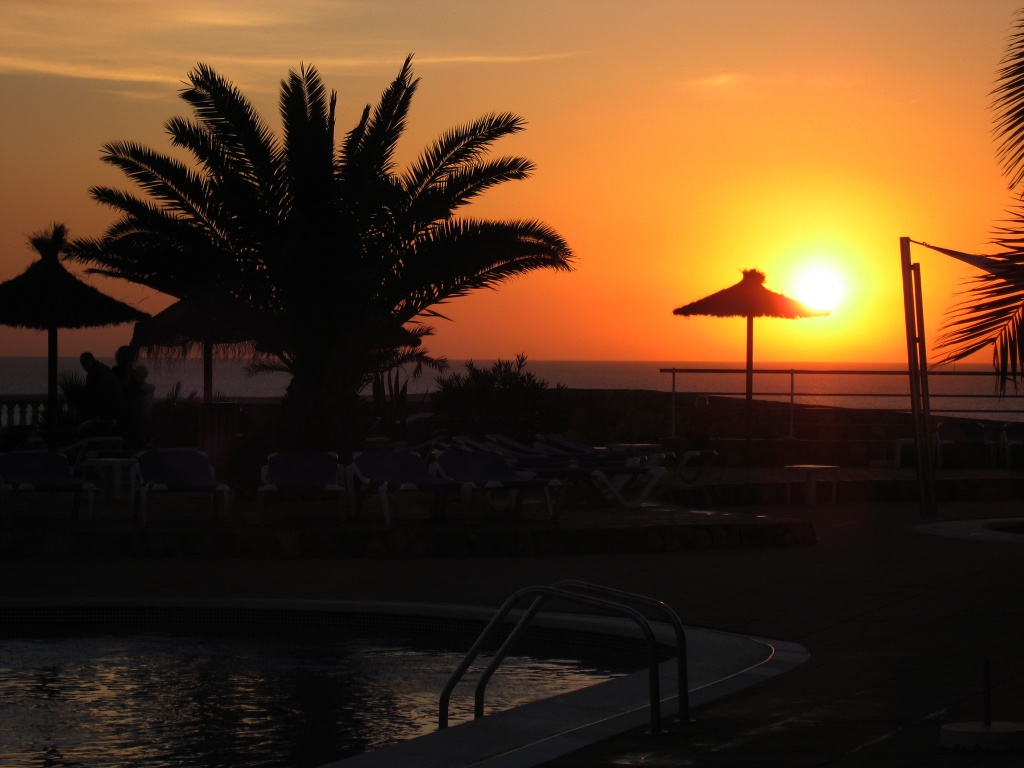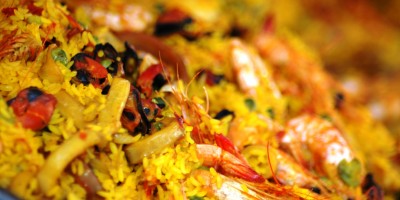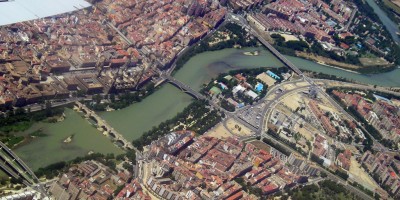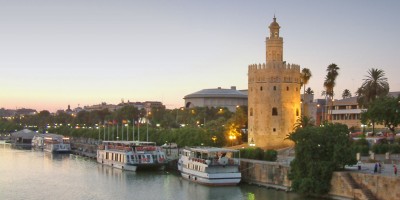Some of these great artists are:
El Greco – This Cretian who came from the city of Toledo is Spain’s Renaissance man. Most of his work remain in Toledo but can also be viewed in many churches around the country as well.
Diego Velazquez – This Spanish painter whose masterpiece, Las Meninas, has created a stir when it first came out. Most of his work can be viewed in the Prado.
Francisco Goya – This painter has been called the last of the Old Masters, and also the first of the modern artists. Some of his major pieces can also be seen at the Prado.
When we talk of Spanish culture, we should inevitably mention the beautiful and graceful flamenco dance. This is the dance of the gypsies or Andalusia. It’s abrupt movements give the dance a sense of drama and urgency, Flamenco dancing has gone from being a dance in Andalusia to part of ballroom dancing in the US.
Bullfighting is also one sport and part of Spanish culture that is not seen and enjoyed anywhere else. The season of bullfighting ends in October. The celebrations and games are usually held on Saturdays only. Watching a bullfight maybe a little expensive, but as a tourist, a visit to Spain would not be complete without experiencing first hand how dangerous this activity can be.
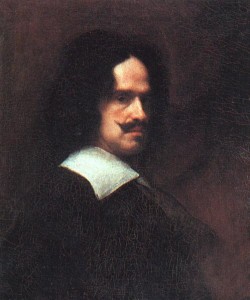 For the Spanish, bullfighting is an art form, and see it as part of their cultural heritage as an activity that has been going on for generations, linking the country’s history with art and culture.
For the Spanish, bullfighting is an art form, and see it as part of their cultural heritage as an activity that has been going on for generations, linking the country’s history with art and culture.
There have been many moves in the past (and present) to make bullfighting illegal, but even the Monarchy believes in the beauty and violence of bullfighting as part of who and what Spain is.
Bullfighting in Spain is centuries old ritual that celebrates the time in 711AD when Andalusia was under the control of the Moors. Today, bullfighting has become synonymous with Spain and matadors are seen as heroes who can live very comfortably earning top salaries as a bullfighter.
In Spain, there are always annual fiestas that celebrate a particular saint. Each town has its own patron saint, and once a year, a fiesta is held to commemorate the importance of that saint to the town. Fiestas can last for a week, and is a grand occasion to showcase one’s wealth and stature in the town.
One of the biggest festivals in Spain is Pamplona’s bull running. You may have seen videos of this at one point, but if not, bull running is simply that, letting go of a bull on a street and people running away from the path of the bull.
It is actually a very dangerous activity to participate in. Many people in the past have been injured, some seriously, from this. Other Spanish festivals are the Moros y Cristianos which recalls the time when Christians fought Moros, the Semana Santa which is Holy Week, and Flores de Mayo, which is a celebration of May and includes a parade of the most beautiful women in the town.
